Last updated: August 22, 2025
Article
Preserving the past, powering the future: Interns learn in-demand skills while preserving America's national treasures

NPS / Kelsey Graczyk
WASHINGTON — Have you ever dreamed of working with your hands in places that hold deep meaning— where every brick, plant, stone, and window tells the story of America? For two interns working at The White House and President’s Park (a national park), they are living that dream. Near the towering bronze statue of General William Tecumseh Sherman— a Civil War monument standing guard at the White House— they kneel in the soil, carefully planting rows of begonias in the soft earth. They’re muddy, sweaty and beaming.
“Coming home tired after a day in the sun feels different when you can point to something beautiful and say, ‘I did that,’” Kendall Soriano, 25, an intern through the Traditional Trades Advancement Program (TTAP) said.
Soriano is among a cohort of young adults learning to preserve America’s public lands — not in a classroom or lab— but in the field, hands and tools in the dirt.
TTAP is a paid internship program that provides young adults ages 18 to 30, and military veterans up to age 35, with hands-on experience in traditional skilled trades to help maintain and preserve national parks. These interns work alongside experienced National Park Service (NPS) staff and learn the fundamentals of historic preservation and maintenance. Run through a partnership between the National Park Service’s Historic Preservation Training Center (HPTC) and several nonprofit organizations, the program supports important projects across the country.
The program’s mission is simple but urgent: pass on time-honored trades skills like masonry, carpentry, woodworking and cultural landscape preservation before they disappear, which ensures there will be a skilled workforce for future preservation and maintenance needs.
Reclaiming Purpose in Public Lands
“There’s something healing about national parks,” said Brent Tate, 26, a TTAP intern and U.S. Marine Corps veteran, also assigned to the White House and President’s Park. “After I left the Marines, I wasn’t sure what came next. During a long road trip that included visits to national parks, I found a sense of peace and purpose. I knew I wanted to help protect national parks, large or small."
Soriano’s and Tate’s daily duties include everything from planting flowers to supporting massive public events and navigating fast-changing security postures.
“No two days are the same,” Soriano said. “One day you’re watering flower beds or picking up trash, the next day you’re moving barricades for a state visit. Every task, no matter how small, contributes to maintaining and preserving these important places.”
A Legacy of Learning
Over the past nine years, TTAP has prepared 370 participants for careers in historic preservation through hands-on work at more than 87 national park sites. Interns have restored aging windows, masonry, walls, and statues— essential preservation work that safeguards America’s heritage. With a biweekly stipend, professional development funding and expert mentorship, participants gain the technical skills and experience needed to thrive in the skilled trades.
“These interns are learning the kind of skills you can’t fake— stuff that really matters when you’re caring for places like this,” said Chief of Maintenance for The White House and President’s Park Scott Sommers. “They show up ready to work, they’ve got great attitudes and they’ve already become an important part of the crew. To witness Brent and Kendall take pride in hands-on work— keeping history alive while setting themselves up with a solid trade. That really means something!”
Not Just Getting Their Hands Dirty
Though TTAP interns often get muddy and sometimes get sunburned, the work is as intellectual as it is physical, developing critical thinking and problem-solving skills along with craft expertise. Some bring academic backgrounds in conservation, community planning, history, or environmental science, giving them unique insight into the cultural and ecological significance of their work.
“Before this, I’d be outside and I’d just see a squirrel,” said Tate. “Now I’m identifying the species of squirrel, native plants, birds and invasive species.”
National parks in urban settings— which includes the White House grounds, Lafayette Park, and the Ellipse— pose unique challenges, Soriano said. While the White House grounds have restricted access, Lafayette Park and the Ellipse are frequently open to the public.
“You must navigate complex scenarios— from assisting with First Amendment activities to managing interactions with people experiencing homelessness. You must be observant, flexible and compassionate.”
Bridging Generations, Building Futures
At its heart, TTAP is about more than teaching trades— it’s about opening doors to well-paid, in-demand careers. It is especially geared toward young adults without prior trades experience, providing accessible pathways into a vital workforce and allowing them to develop new skills from the ground up. For some people, the financial support is what makes it possible to take part— it removes barriers and leads to meaningful careers.
“Getting paid isn’t just important— it’s essential,” said Tate, the primary provider for his family and the father of an infant daughter. “For many of us, this is the only way we can say yes to an opportunity that could positively shape our future.”
Some TTAP alumni go on to graduate school or begin public service careers. Soriano is heading to the University of Maryland in the fall to pursue a master’s degree in landscape architecture, building upon the practical skills developed in TTAP. Tate is completing a bachelor’s degree in conservation biology from the University of Mary Washington and is exploring jobs in the National Park Service, eager to continue making a positive impact on public lands.
“When you watch people walk through the Ellipse or Lafayette Park, and you realize you helped create a space that feels safe and welcoming— that you cared for and made beautiful— it hits you. It’s this quiet pride, knowing your hard work isn’t just behind the scenes, it’s part of the visitor experience and you truly made a positive difference,” said Soriano.
The interns take pride in creating beautiful, clean and safe public spaces in the nation’s capital— a place where residents and visitors alike can feel awe-inspired and at ease, they said, knowing their work helps celebrate the traditional trades that built these spaces in the first place.
A Calling, Not Just a Job
Many TTAP interns come for the chance to work hard outdoors and contribute to something patriotic— but leave with far more. They gain a skilled trade, a clear career path and a profound connection to America’s heritage, Sommers said.
“This isn’t just an internship,” said Tate. “It’s a launchpad, a community and a calling. People come to the National Park Service to make a positive impact— and you can feel the energy. The dedication and optimism are real.”
How to Get Involved
TTAP applications are accepted on a rolling basis. U.S. citizens and permanent residents aged 18–30 (or military veterans up to age 35) are eligible to apply.
“You don’t need any experience— just a strong work ethic, a love for the outdoors and a willingness to learn,” said Sommers. “If you’re ready to make a meaningful difference in our national parks, we want you to join us.”
For current opportunities, visit: Traditional Trades Advancement Program - Historic Preservation Training Center U.S. National Park Service, and learn more about other paid internships.
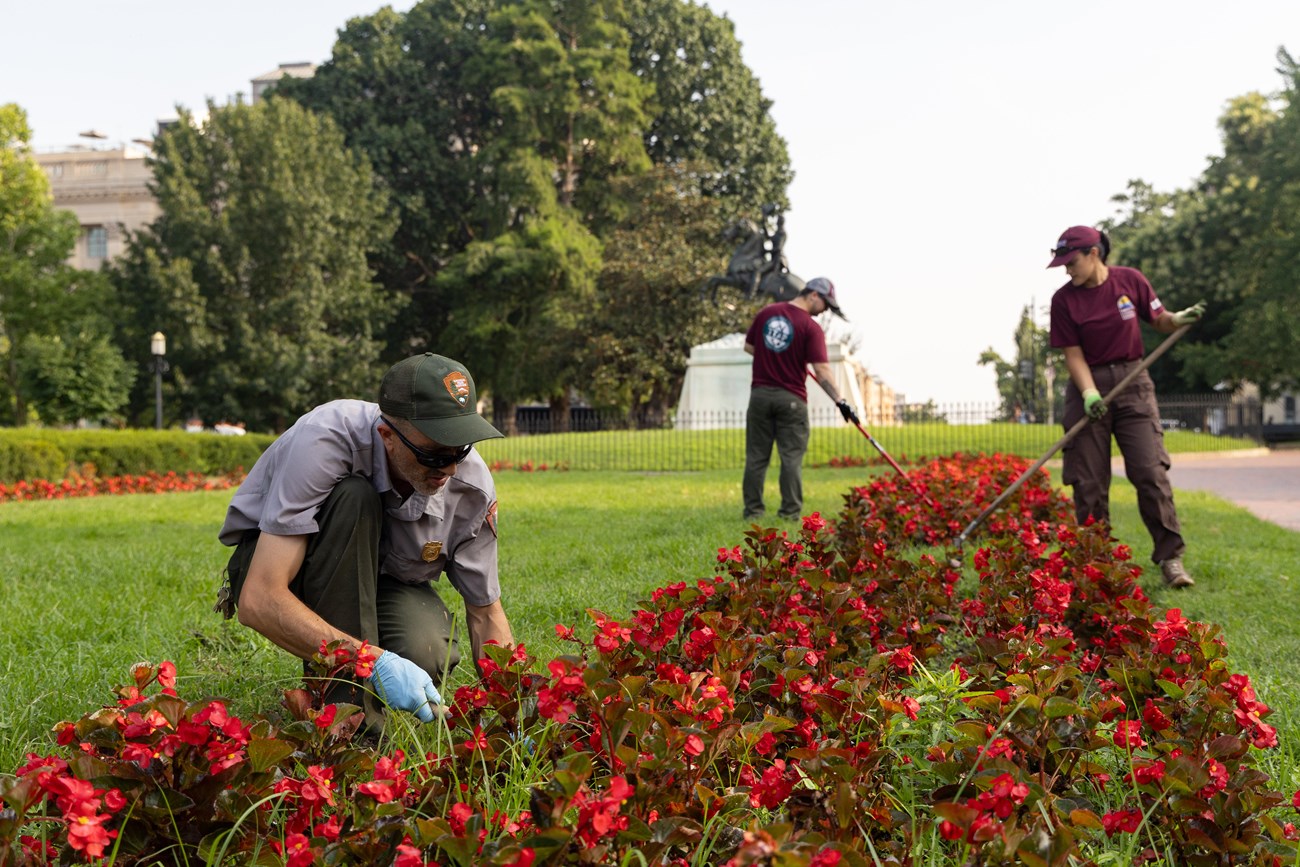
NPS / Kelsey Graczyk

NPS / Kelsey Graczyk
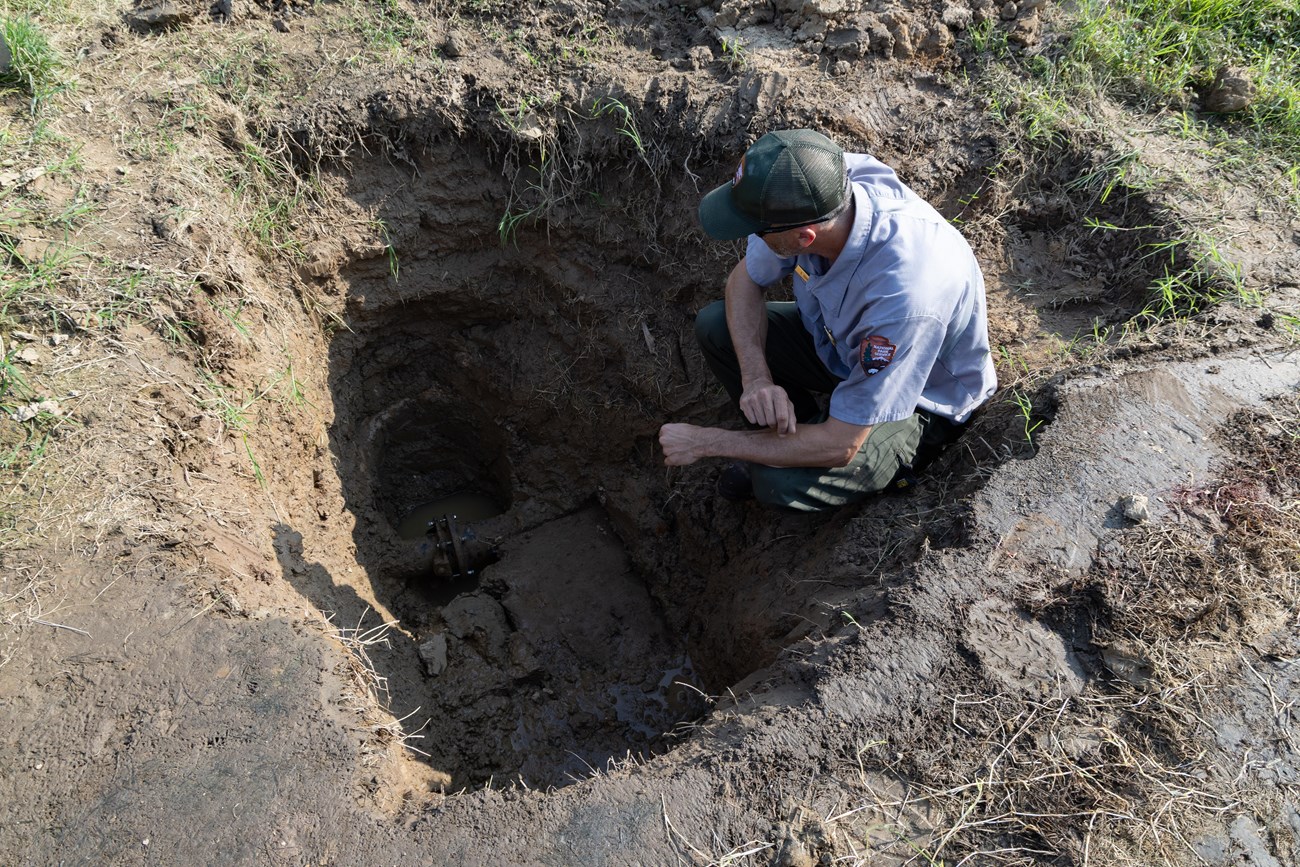
NPS / Kelsey Graczyk
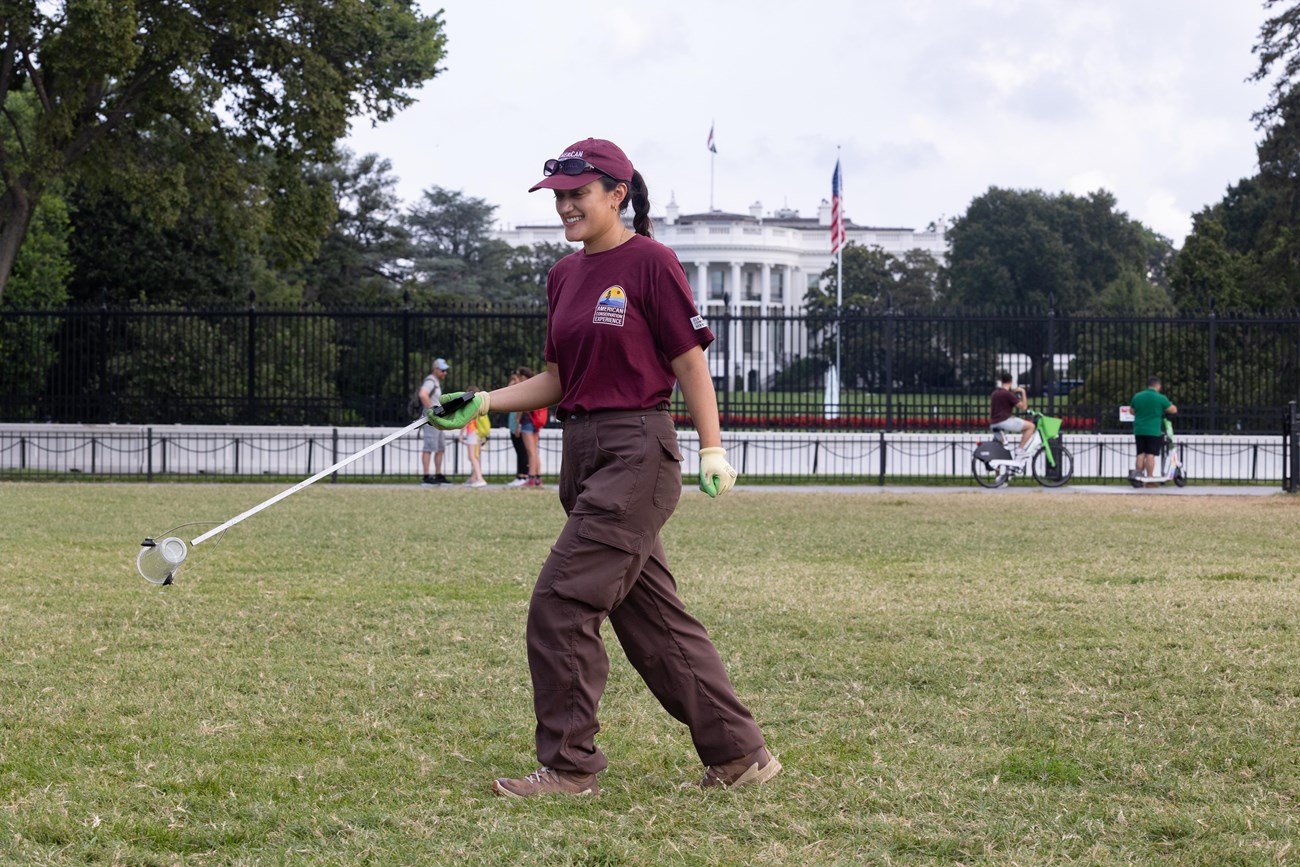
NPS / Kelsey Graczyk
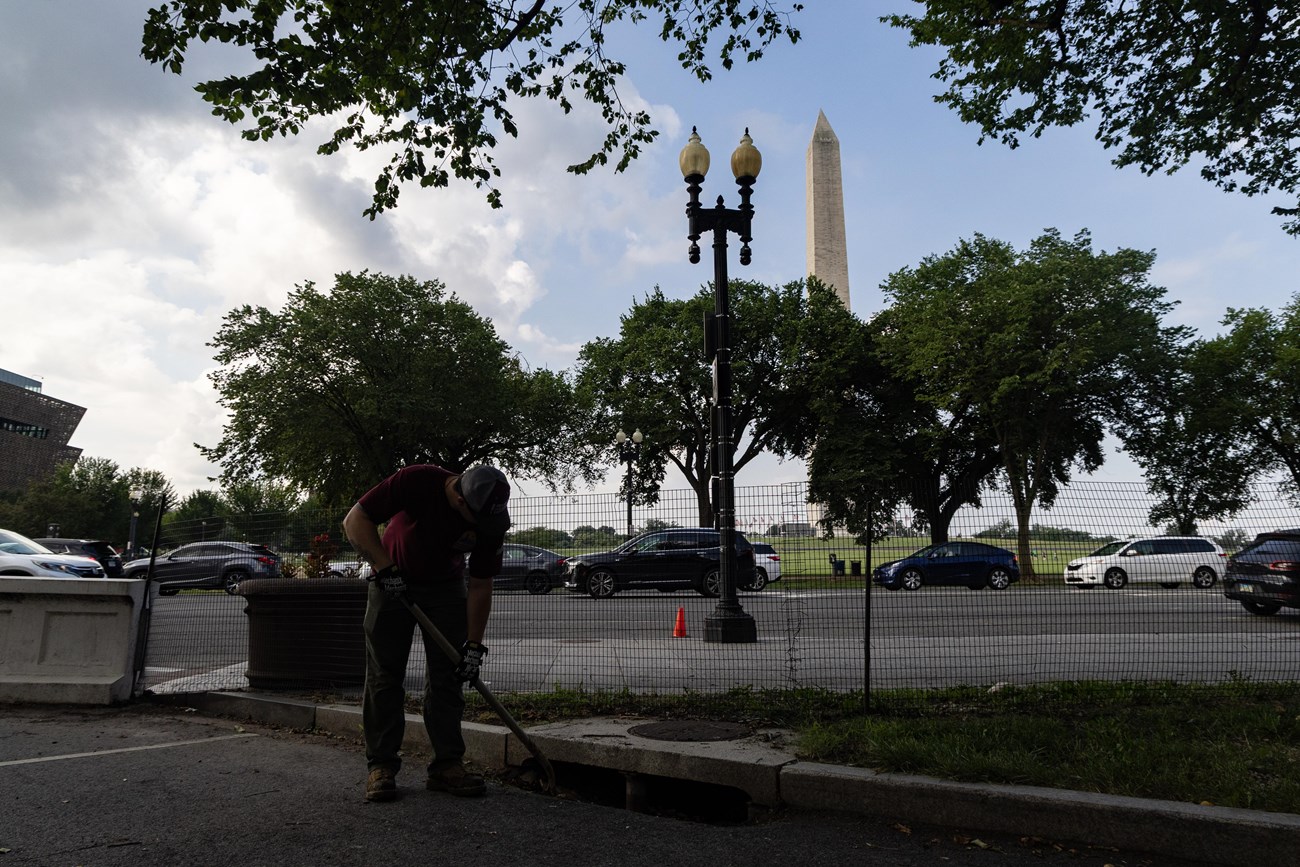
NPS / Kelsey Graczyk
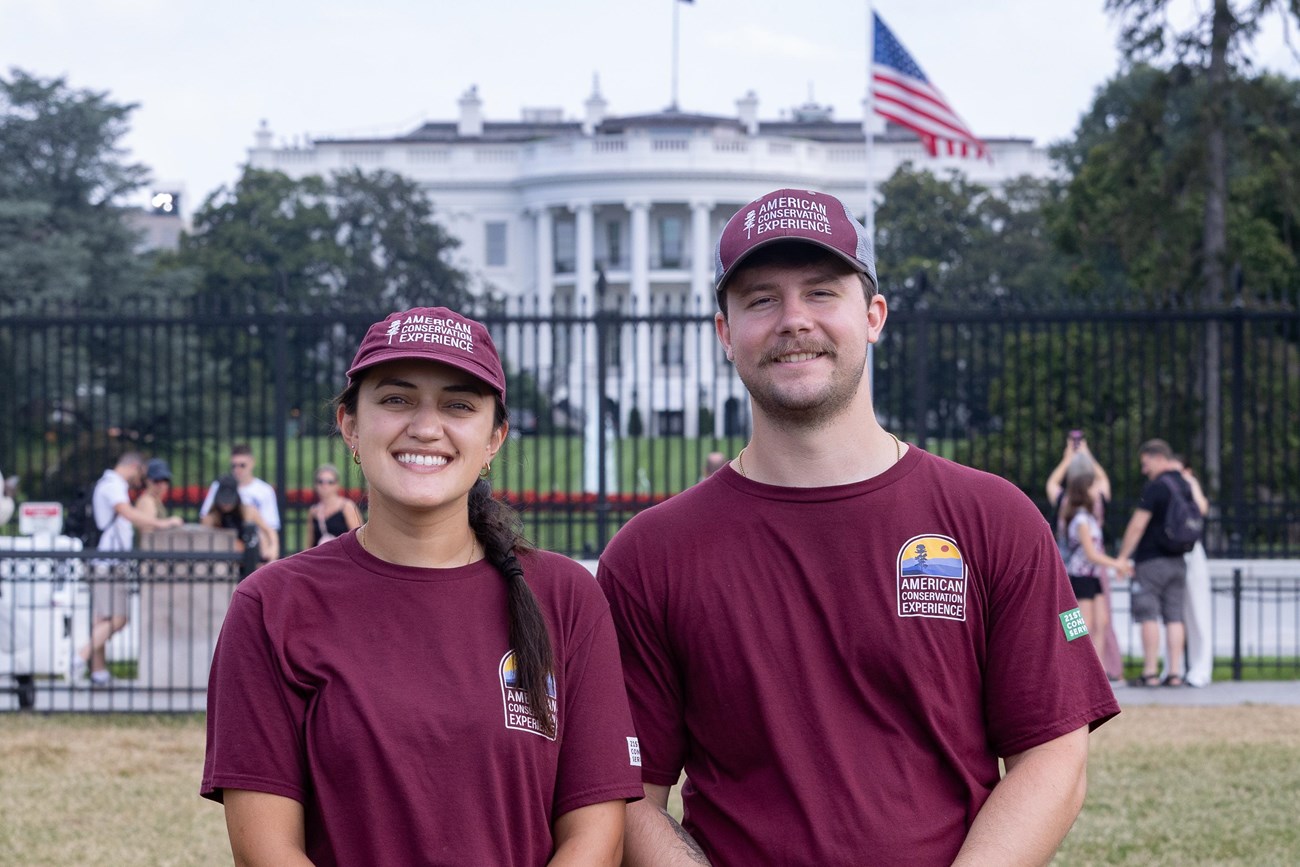
NPS / Kelsey Graczyk
Tags
- the white house and president's park
- the white house
- jobs for youth
- nps youth programs
- historic trades
- military trades
- trades education
- traditional trades advancement program
- ttap
- college
- university of maryland
- university of mary washington
- wageworkers
- skilled laborer
- skilled workers
- landscaping
- military veterans
- usmc
- veterans
- safety
- beautification
